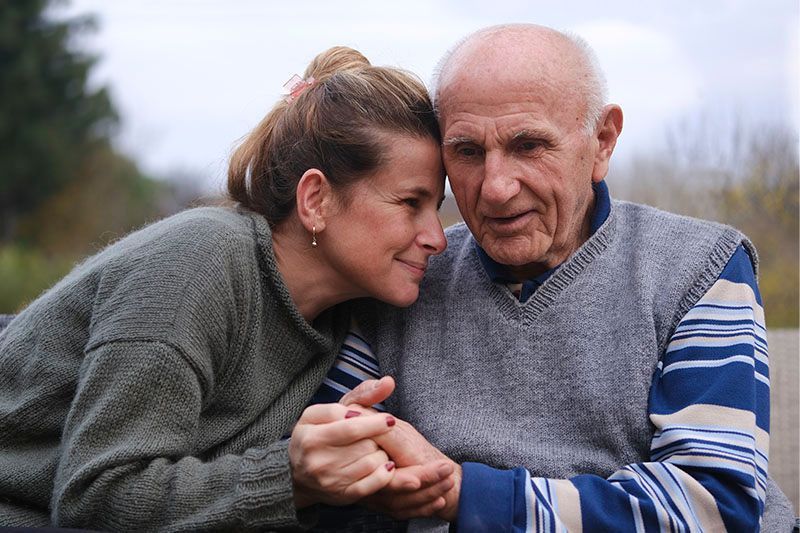
When most people think of Parkinson’s disease, difficulty moving or tremors likely come to mind first. But if you are caring for a loved one with Parkinson’s, you've probably noticed they are dealing with a lot more than just movement issues. Non-movement Parkinson’s disease symptoms, such as depression, sleep problems, and cognitive changes, can have just as much of an impact on daily life, but often go unnoticed or untreated. Understanding these symptoms is vital to providing the most effective care for someone you love with Parkinson’s disease.
- Mental Health and Cognitive Changes: Parkinson’s disease can affect the brain in ways that go far beyond movement, often causing mental health and cognitive issues. The person diagnosed may experience apathy, depression, or anxiety, which can make it hard for them to find pleasure in day to day activities or even get inspired to move around. Depression is particularly common in Parkinson’s and may be triggered by both the disease itself and the emotional toll of dealing with a chronic condition. Cognitive changes, such as memory problems or difficulty concentrating, may also arise as the disease progresses. This can be frustrating for both you and the person you love, especially when you see them struggling with tasks that used to come easily. It is important to identify these symptoms early and work with healthcare providers to take care of them, as treatments such as therapy or medications can help.
- Sleep Issues: Sleep disturbances are another common non-movement symptom of Parkinson’s disease. Sleep issues may include insomnia, frequent waking during the night, or vivid dreams and nightmares. Restless legs syndrome and REM sleep behavior disorder, where individuals physically act out their dreams, are also more common in people that have Parkinson’s. Sleep problems can make day-to-day life even harder, resulting in increased fatigue, irritability, and a lower quality of life. Establishing a bedtime routine, limiting caffeine intake, and ensuring a comfortable sleeping environment can help, but sometimes medical intervention may be needed.
- Sensory and Pain Issues: Some people with Parkinson’s also experience pain, which can be brought on by muscle stiffness or cramping. Sensory changes, such as a reduced sense of smell or vision problems, are also common. These symptoms can add to the emotional stress and physical discomfort that are often part of Parkinson’s. Addressing pain and sensory issues requires a holistic approach that may include adjustments to daily routines, physical therapy, or medications to ensure the person remains comfortable.
- Autonomic Nervous System Symptoms: Parkinson’s does not just impact the brain—it also has an impact on the autonomic nervous system, which controls automatic functions like digestion, temperature regulation, and blood pressure. You may notice the senior experiencing constipation, urinary problems, excessive sweating, or a sudden drop in blood pressure when they stand up, known as orthostatic hypotension. These Parkinson’s disease symptoms can be uncomfortable and disruptive, but there are ways to control them. For example, dietary changes can help with constipation, and compression stockings or increased intake of water may help alleviate low blood pressure. Talking to a healthcare provider is key to finding the right treatments.
Home Care Can Help
Taking care of a loved one with Parkinson’s is much easier with an experienced and compassionate partner by your side. At Traditions Home Health Services, we equip our caregiving team with the training needed to provide the exceptional level of care older adults deserve. Let us support you and an older loved one in Boston, North Shore, South Shore, and the surrounding areas in Eastern Massachusetts, with live-in care services available throughout New Hampshire, Vermont, Maine, and Massachusetts. Reach out to us at 617-376-3711 to learn more.



